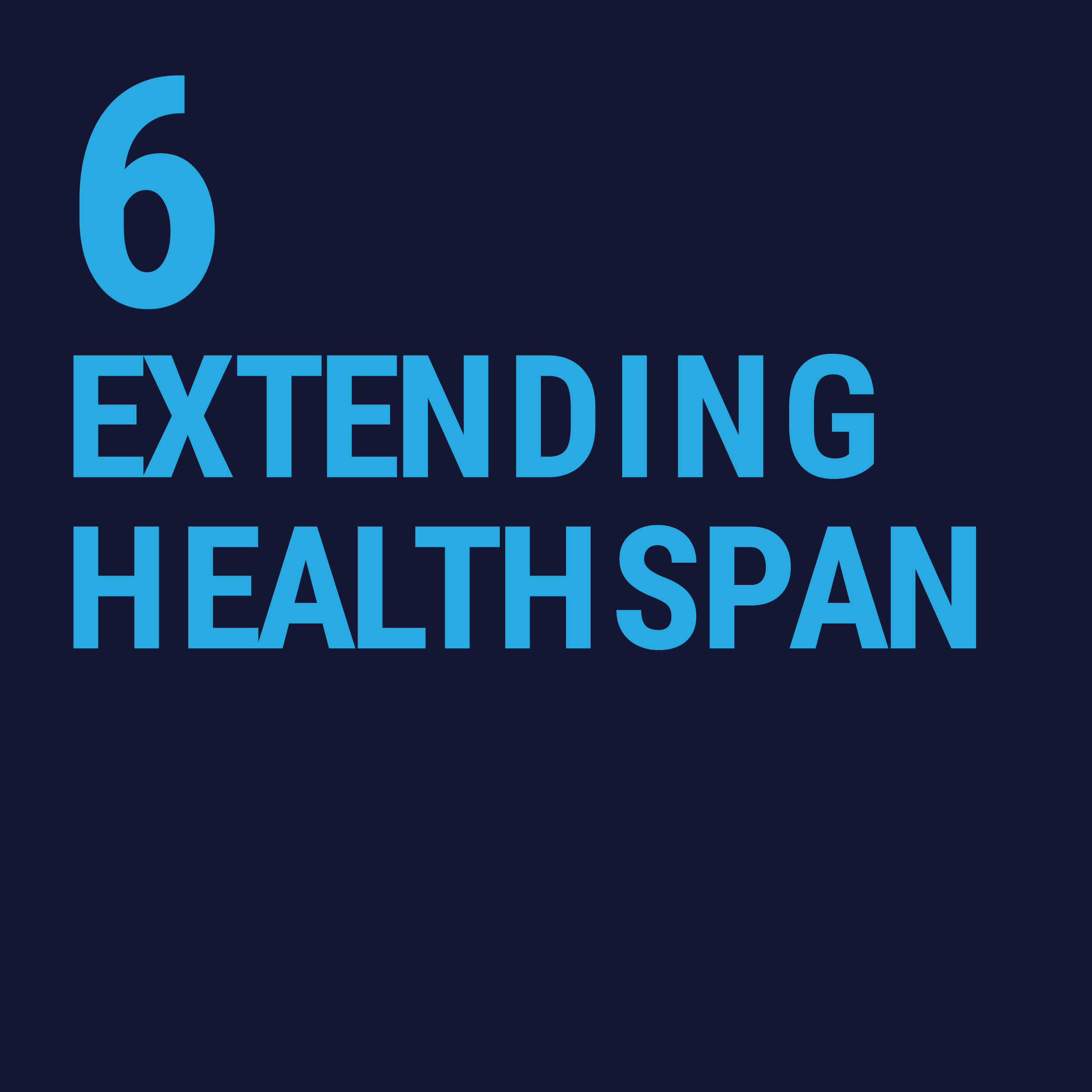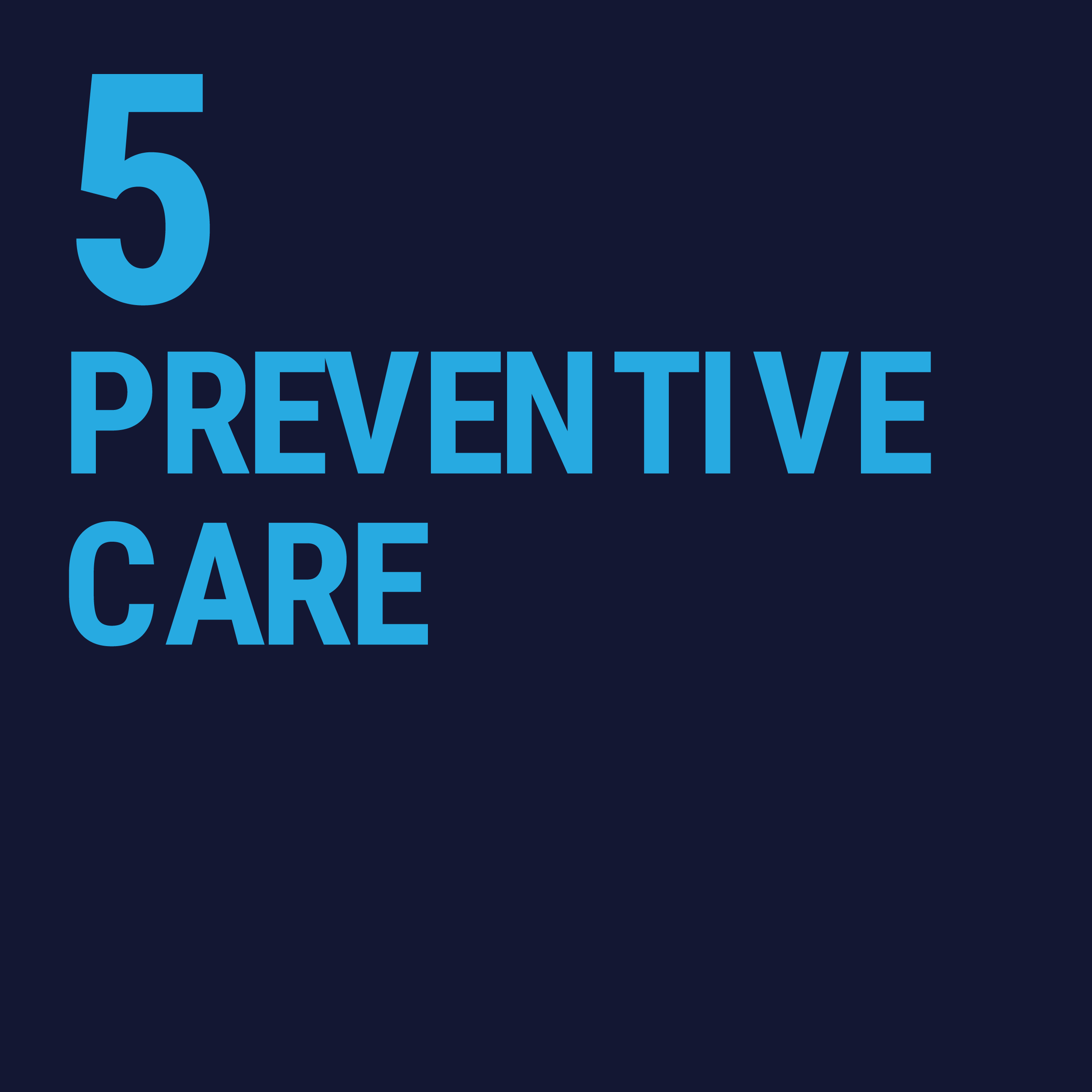5 PREVENTATIVE CARE
The healthcare industry's focus on hyper-specialized care and disease treatment (rather than prevention) has led to siloed care that overlooks root causes and drives up costs.
Upstream curated this trend report for attendees of the HLTH USA 2024 conference on October 20-23. We believe these 7 healthcare trends are essential for enhancing outcomes for everyone. As experts in Human-Centered Design, we are excited to see these trends gain momentum and are committed to continuing our contributions to their growth.
Growing prevalence of preventable issues:
Nearly half of U.S. population affected by diet-related diseases.
1 in 5 children facing obesity.
Increased support for food-as-medicine:
Growing support for integrating food into healthcare.
White House’s $9.7 billion pledge to support these programs.
Recognition of the importance of gut health:
Critical to overall health.
Offers groundbreaking potential.
Concerns about misleading health products and medication impacts.
Design goals of holistic approaches to healthcare:
Diagnose earlier and more frequently.
Improve wellbeing and outcomes.
Lower the risk of more serious health issues.
Control rising healthcare costs in the US.
Strategies to improve preventative care:
Ensure health systems address lifestyle, diet, and social determinants.
Incentivize evidence-based approaches to prevention.
Why we’re excited:
By engaging populations in the design of personalized and accessible preventative health interventions, Human-centered design can identify systemic barriers to prevention, uncover the root causes of behavioral health challenges, and the factors that drive habits and choices. This foundation enables the creation of behavior-changing interventions that foster intrinsic motivation for positive change.








